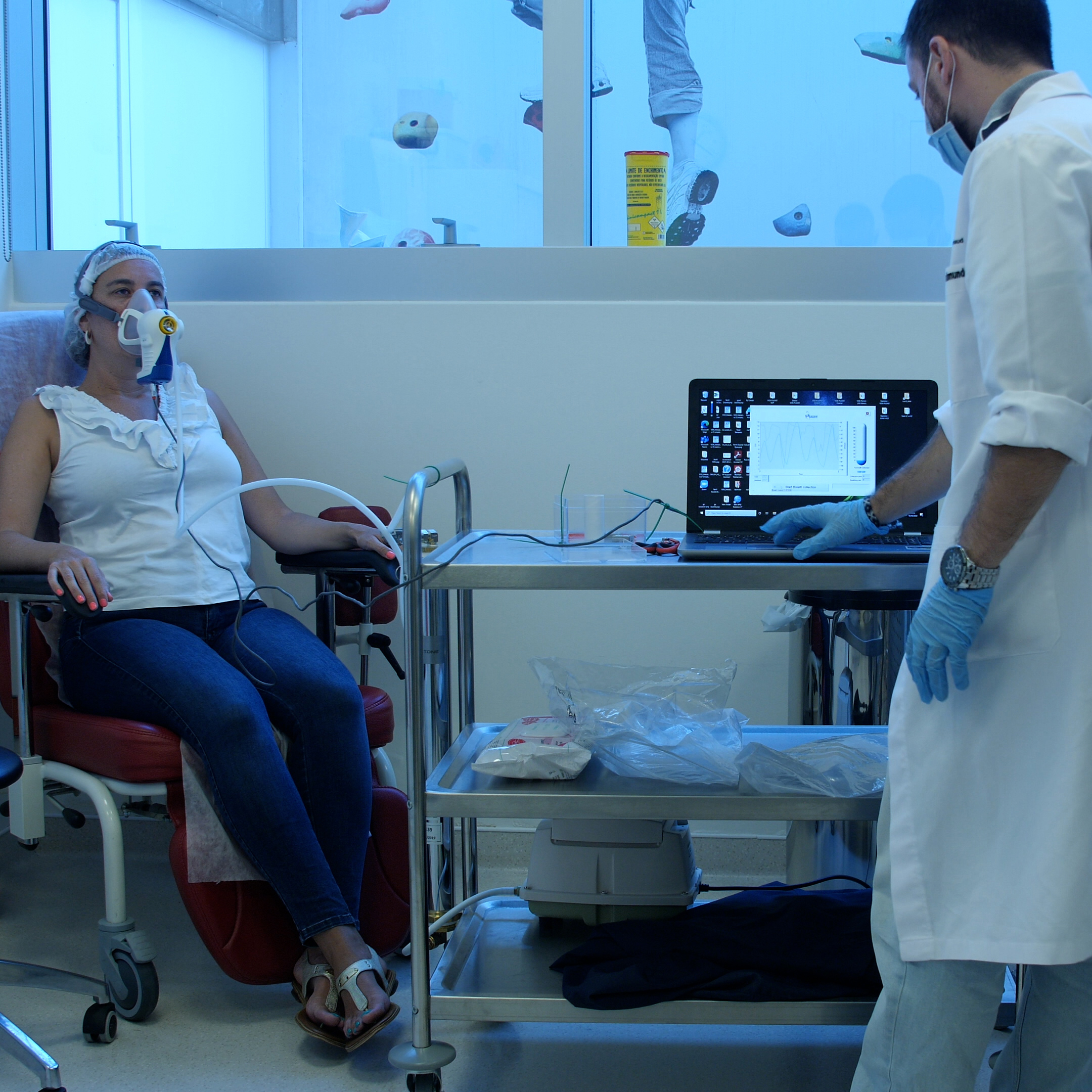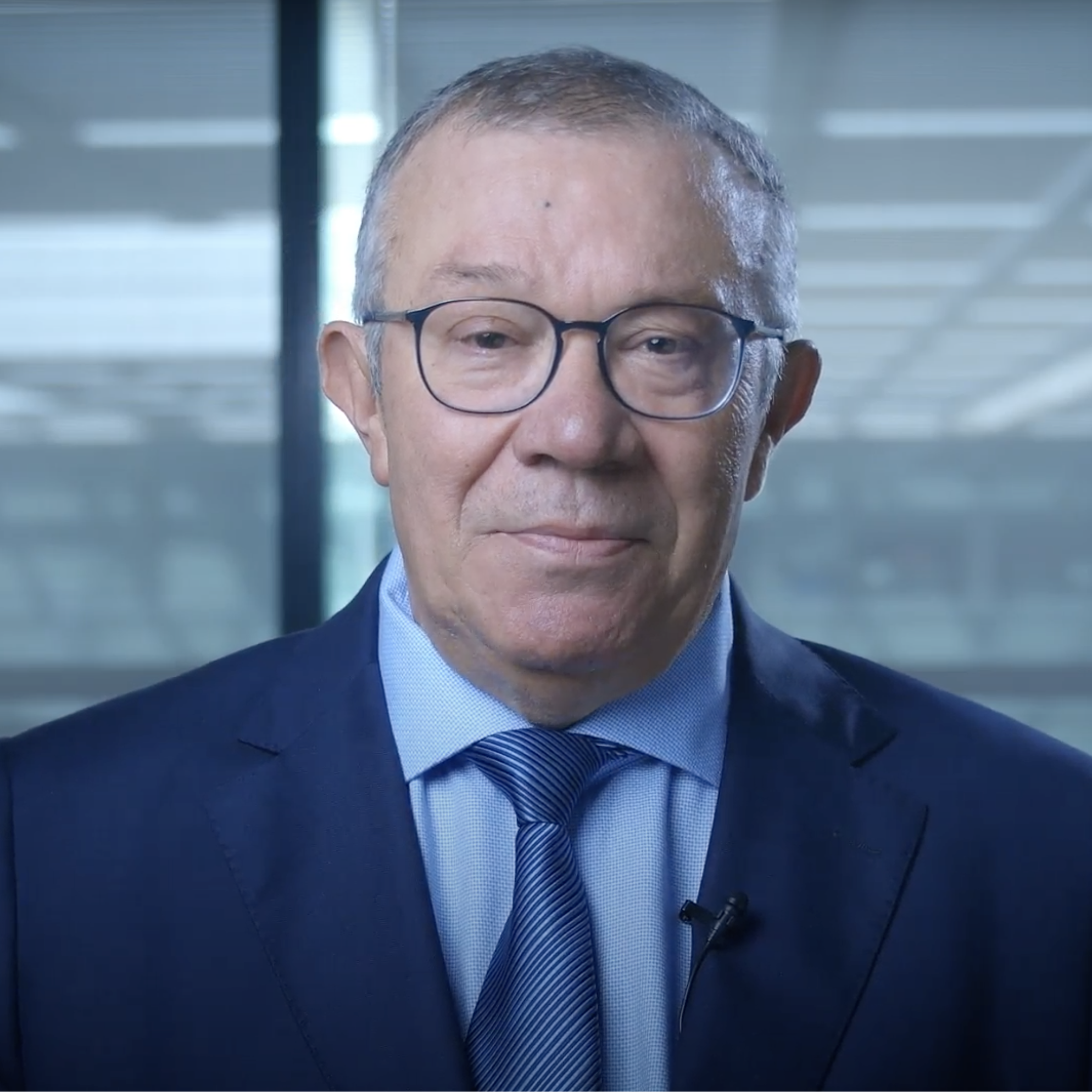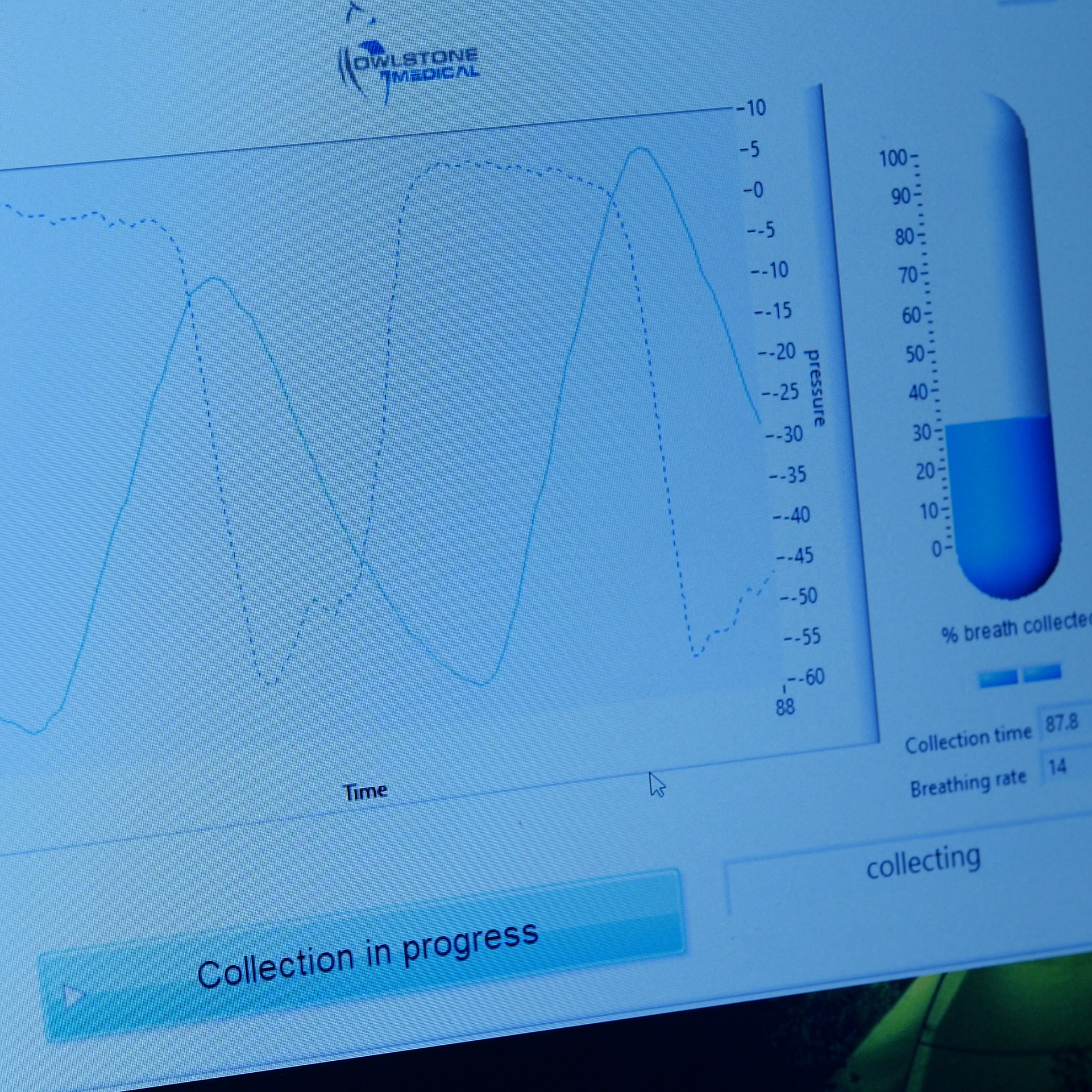The new programme aims to increase the detection of MPM, focusing on workers at asbestos cement factories, in Portugal, who have been exposed to asbestos since the 1960’s, and covering a total of around 200 people who have already been identified by SOS Amianto.
MPM is a type of malignant tumour of the pleura associated with continuous exposure to asbestos. Its symptoms are non-specific, which makes it difficult to diagnose. Early diagnosis is therefore crucial to increase the chances of successful treatment. Its most common symptoms, such as shortness of breath, chest pain, weight loss and fatigue, usually only appear at advanced stages of the disease, which can lead it to be confused with other diseases of the respiratory tract.
Mortality from this disease is very high worldwide, with around 92,500 cases a year. According to Jorge Cruz, a surgeon at the Champalimaud Foundation's Lung Unit who is leading this programme, "due to a lack of diagnosis, Portugal currently only registers around 38 cases of MPM per year, a figure that is clearly below that of other Western countries."
"In order to improve the response of this disease to treatment, it is necessary to create an early diagnosis strategy and develop therapeutic strategies, namely surgery," he adds.
Although MPM is already included in the list of occupational diseases in Portugal, only 3% of cases are notified, since reporting it as an occupational disease is not compulsory. With the ban on the production of asbestos-containing materials within the European Community in 2005, the peak of this disease is expected to occur between 2020 and 2040.
The Champalimaud Foundation's MPM Early Diagnosis Programme will use an innovative approach: analysing volatile metabolites in exhaled breath. This is a non-invasive method performed by asking people to breathe into a device. This analysis will then be complemented with a low-dose chest CT scan. This non-invasive approach will make it possible to identify patterns of volatile organic compounds that may correspond to typical disease profiles, allowing screening and more precise and accessible diagnosis.
Currently, there is no protocol for the early diagnosis of MPM in Portugal, so the Champalimaud Foundation will begin a pioneering prospective study, which represents an important step towards improving the detection and the treatment of this disease.




